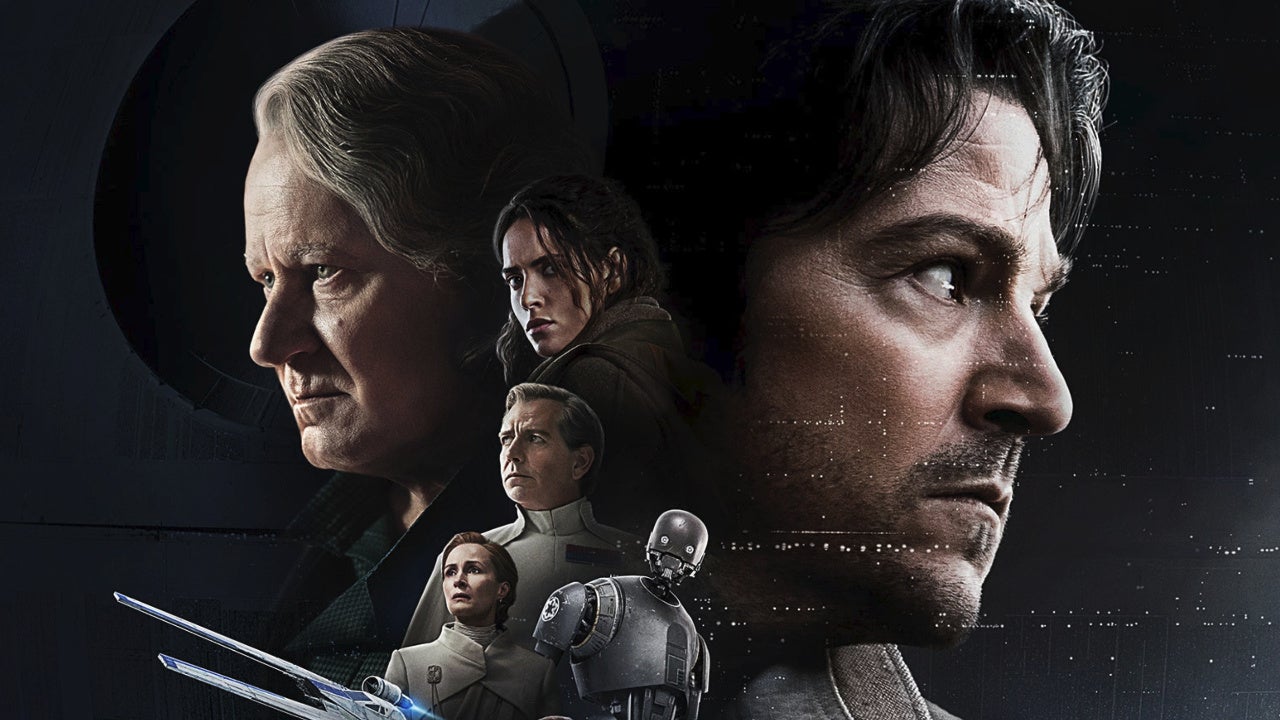TL;DR: Andor Season 2 completes Cassian’s story with somber power, showing that rebellion isn’t about destiny—it’s about choice, consequence, and the people left behind. Star Wars finally has its grown-up story.
Andor
There’s a moment toward the end of Andor Season 2 where Cassian, eyes hollowed by years of pain, stands silhouetted in the shadow of Coruscant’s underbelly, about to leap back into the hellfire of rebellion. It’s not triumphant. It’s not glamorous. It’s just… necessary. That moment, in all its quiet dread, says everything about what Andor has become: the most searingly human story in Star Wars history.
Let me be clear. This isn’t about blasters, Jedi, or saving the galaxy through the Force of destiny. This is about fighting fascism with stolen intel, moral compromise, and an unflinching gaze into the machinery of oppression. Andor Season 2 doesn’t just stick the landing—it repurposes the launchpad. This isn’t a prequel to Rogue One. It’s the philosophical backbone of that film. It’s the soul.
The Anatomy of Sacrifice
Season 2 drapes itself in the four waning years before Rogue One, slicing time into grim, purposeful vignettes. 4 BBY: Cassian nabs a prototype TIE Avenger, landing him in Yavin IV’s dungeon. 3 BBY: he unwittingly helps fuel the very crisis (Ghorman) that radicalizes Mon Mothma. 2 BBY: the massacre hits. 1 BBY: the dominoes tip toward Scarif. The structure is lean but mythic—a ticking clock not just to Cassian’s death, but to the very moment Star Wars decides to grow up.
Diego Luna plays Cassian like a man aging in dog years. His stillness hides rot and reckoning. He is no longer running from trauma; he is engineered by it. And opposite him, Stellan Skarsgård’s Luthen Rael delivers what might be one of the finest tragic anti-heroes in the Star Wars canon. His final act of martyrdom isn’t adorned with music or light. It’s a whisper that holds the galaxy’s breath.
Kleya (Elizabeth Dulau) takes center stage too, stepping into Luthen’s shoes not with pride, but with weary, absolute necessity. Her evolution from background tactician to mainline rebel intelligence conjures the spirit of resistance—intimate, brutal, thankless.
The Empire Eats Its Own
One of the series’ coldest ironies lands with Dedra Meero. After hunting insurgents like a zealot addicted to order, she ends up caged in the same prison (Narkina 5) she once fed with bodies. It’s poetic justice, sure, but also a horrifyingly honest look at what it means to serve fascism: eventually, the meat grinder turns on you.
Anton Lesser’s Major Partagaz isn’t spared either. A man who spends two seasons as a cold bureaucratic enigma ultimately chooses suicide over the Emperor’s wrath. The implication is subtle, but clear: the Empire is not a career. It’s a death cult.
Rogue One Recontextualized
We know how Cassian’s story ends. That’s the fatal glue holding this entire show together. But Andor makes that end matter. The decisions we saw made on Scarif feel heavier, more haunted. The moment Cassian kills Tivik in Rogue Oneisn’t just utilitarian. It’s the rotten fruit of four years of bleeding for a cause that never once promised him salvation.
This final season culminates not in a lightsaber battle, but in information: a data drop about the Death Star’s construction. The show resists spectacle. There is no catharsis, only the tightening noose of inevitability. But from that tension blooms meaning.
Legacy Carried in Flesh
Then comes the final emotional payload: Bix (Adria Arjona) is alive, living on Mina-Rau, raising a child. Her child. Cassian’s child. This small, wordless reveal detonates with more emotional force than any Death Star. Cassian may die on Scarif, but something of him lives. And unlike so many grim stories, this doesn’t feel manipulative. It feels necessary. Earned.
Hope isn’t some abstract banner anymore. It’s a person. A tiny, beating heart nestled in peace while the galaxy rots. This is the spark that lights the fire.
The Absence of Spectacle is the Spectacle
Andor never needed Jedi. It never needed Vader cameos or fanservice. What it did need—what it demanded—was courage. Courage to be slow. To be thoughtful. To use silence as punctuation. To treat Star Wars like a political thriller instead of a space opera. This is the The Wire of the galaxy far, far away. And yes, I say that with my whole chest.
Is it perfect? No. Some episodes drift, some dialogue veers into the overwrought. But taken as a whole, Andor Season 2 does what The Rise of Skywalker never even attempted: it earns its darkness. And in doing so, it earns its hope.
Final Verdict:
Andor Season 2 is not just a triumph of television. It’s a redefinition of what Star Wars can be when it ditches nostalgia and embraces nuance. This isn’t just a prequel. It’s a revolution.







